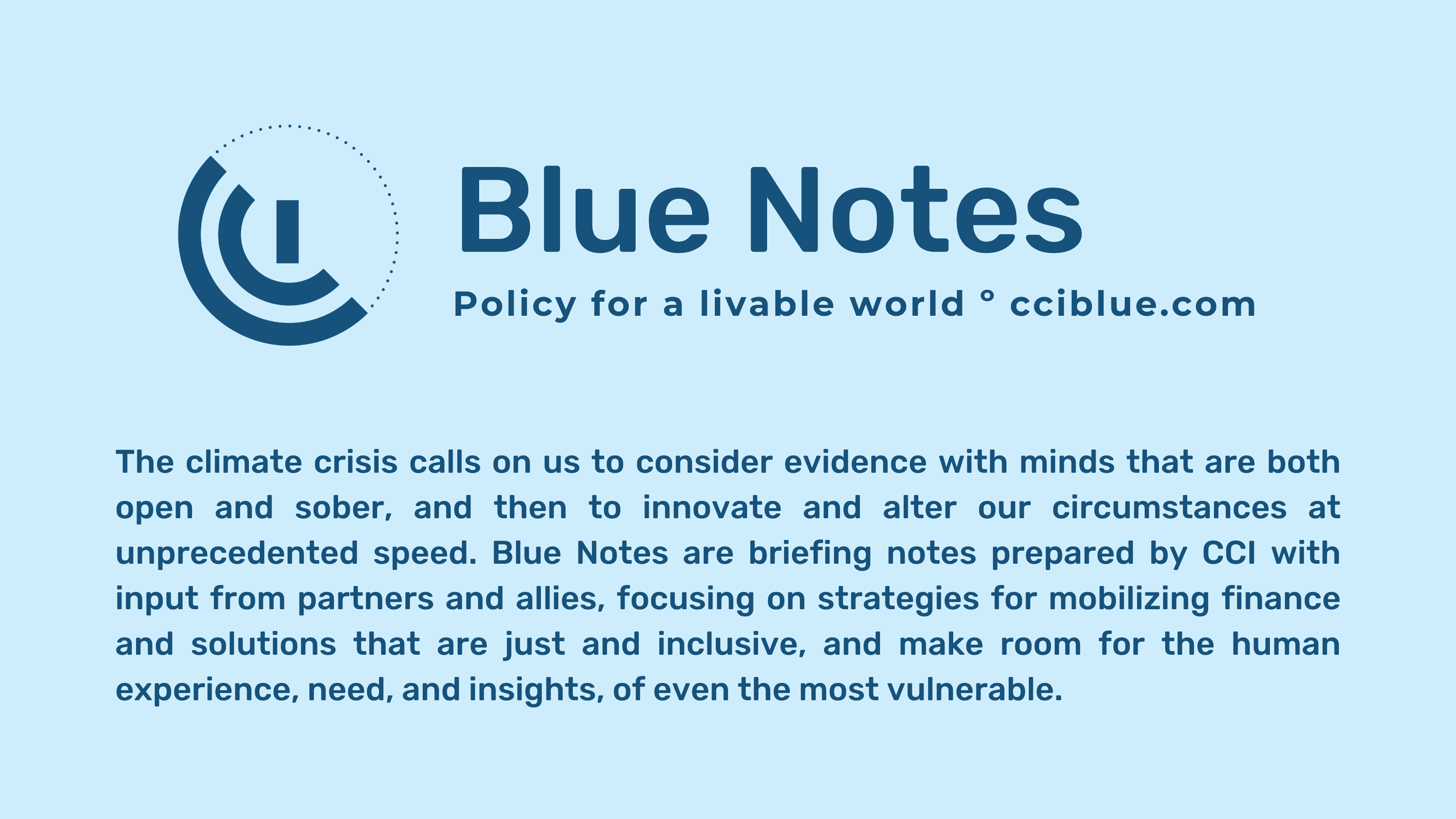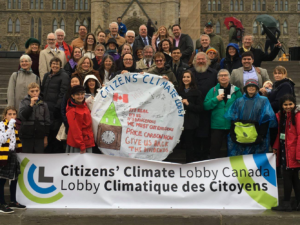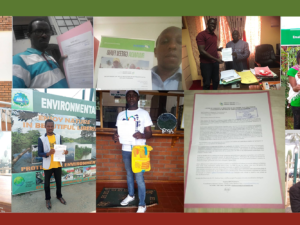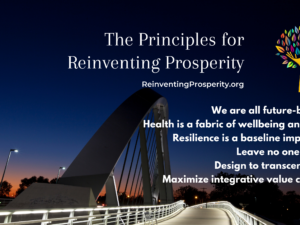
Key Messages
- Non-market approaches (NMAs) in line with Article 6.8 of the Paris Agreement are cooperative best-future strategies.
- Complexity is opportunity – Climate policy needs roots in everyday life and should interact and compound each other’s positive effects; engage stakeholders to accelerate action.
- ‘Integrated and holistic’ means working across conventions and across the whole economy to achieve multidimensional sustainability. Act in more places to make more good happen.
- No excuses – Low ambition is irrational and unaffordable; design national and cooperative measures to be engines of ambition, mobilization, and wellbeing.

The call for a full fair phaseout of fossil fuels is not only a demand of environmental NGOs. It is a clearly indicated action aligned with consensus science and the Convention mandate. Parallel efforts are ongoing to establish a Fossil Fuel Non-Proliferation Treaty that would allow a managed process of just transition.
Assessing Progress
Our opening assessment of the SB58 negotiations started with the following observations:
Vulnerability is increasing in all regions, along with major obstacles to progress, like deep income inequality, sovereign debt distress, and rising costs of emergency response. We are mid-way to 2030, when success or failure across the Sustainable Development Goals will likely determine whether a future of shared safety and prosperity will remain within reach.
We are not repeating the same old refrain when we say: The SB58 will shape the future, and we need the outcome to be historic, ambitious, and real. That is simply where we are. It is too late for slow-walking, too late for fair-share brinkmanship, too late to argue that pollution should drive development for anyone. So, what can the SB58 do to set the world on a better course?
Below, we break down progress made and ongoing discussion emerging from the SB58, under four areas: Ambition, Mobilization, Cooperation and Engagement, and Prospects for COP28.
Ambition

- Overall mitigation of global emissions (OMGE) – Though the SB58 did not formalize a new standard, there is increasing recognition that successful mitigation in line with the mandate of the Convention (“to prevent dangerous anthropogenic interference with the climate system”) will require the near total elimination of all sources of carbon pollution, as well as widespread restoration and conservation of ecosystems.
- The Global Goal on Adaptation (GGA) – Adaptation action will require new kinds of finance, new areas of international trade negotiation, including around shared work on ecosystems and biodiversity protection. The major question remains open for COP28: Will the Parties be able to agree on language that sets an overarching Adaptation goal capable of orienting work in all areas for higher ambition, accelerated action, and cooperative implementation, including at the community level?
- Global Stocktake (GST) – The scientific findings of the IPCC are clear, and climate action to date remains insufficient. Around this, nations are agreed. Where there is broad disagreement is on which nations carry which burden of immediate action to accelerate their own climate-related transition, and to support others in doing so.
- Finance (NCQG) – Climate-related finance flows need to expand, become mainstream, reach beyond conventional financial interests, and get moving far more quickly, to support real-world solutions. The SB58 meetings showed increasing understanding of this fact, but did not deliver a new upgraded quantified goal to supersede the $100 billion yet to be delivered.
Mobilization
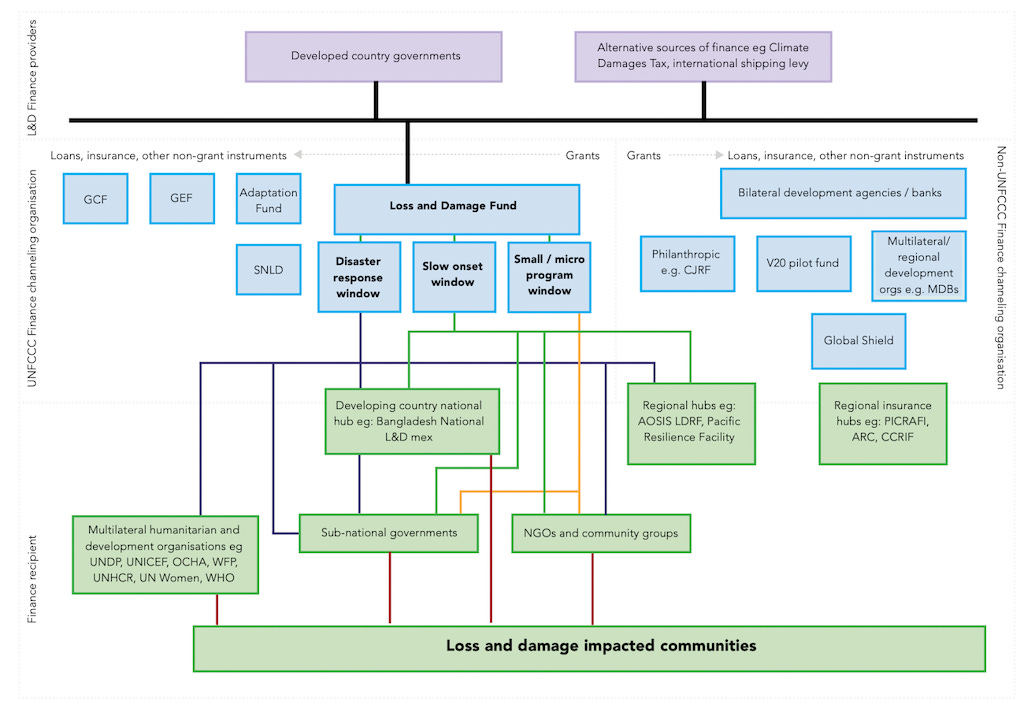
Source: Loss and Damage Collaboration.
- Upgrading climate finance activities – Climate finance activities need to do more than conventionally considered: We need vulnerability-sensitive debt relief. We need an overhaul of development finance arrangements. We need a significant increase in climate finance flows from public, private, and multilateral institutions. And, we need local and human-scale needs and priorities to inform high-level decision-making.
- Loss and Damage – The work of the Transitional Committee advanced before and during the SB58, making it more likely there will be an agreed approach for establishing the Loss and Damage Fund. There is general agreement that the Loss and Damage Fund will be only one piece of a broader puzzle, where new resources flow to vulnerable and affected communities to support recovery from climate-related losses.
- International Finance Reform – Discussions in Bonn raised the following as ways to leverage IFI reform to accelerate climate-resilient development: Vulnerability-sensitive debt relief; Special Drawing Rights; Non-market approaches under Article 6.8; Co-development arrangements; Voluntary cooperative platforms to deliver multi-sector financial support across sectors and between scales; Innovative participatory design, delivery, and tracking of climate finance.
- Food systems – The Sharm el-Sheikh Joint Work on Implementation of Climate Action on Agriculture and Food Security recognizes the multidimensional and system-level impacts of policy and investment decisions related to food and agriculture. This opens the space for informal multilateral multisector activities like the Co-Investment Platform for Food Systems Transformation, which will start initial operations in early 2024.
Cooperation and Engagement
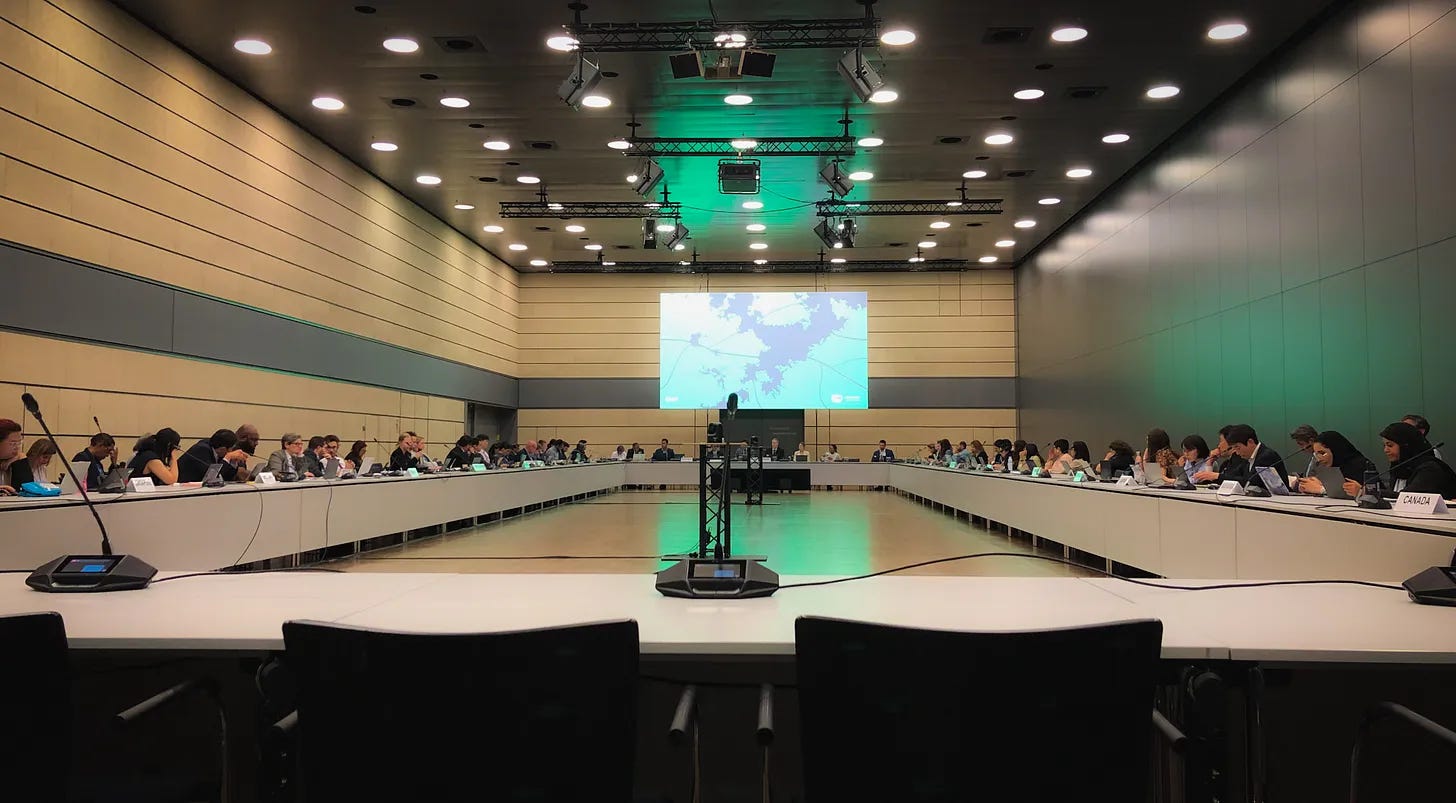
Day 1 discussions on engagement of constituted bodies, multilateral funds, and other institutional arrangements, with the Glasgow Committee on Non-Market Approaches. Photo: Citizens’ Climate International.
- Non-Market Approaches (NMAs) under Article 6, paragraph 8 of the Paris Agreement aim to accelerate overall climate action through international cooperative arrangements. CCI issued a deep dive policy brief on Non-Market Approaches as a substantive contribution to the Bonn negotiations.
- Action for Climate Empowerment (ACE) – Article 6 of the Convention and Article 12 of the Paris Agreement formulate avenues for information sharing, transparency, education, training, cooperation, and civic engagement, described as Action for Climate Empowerment. The SB58 featured some discussion in virtually all areas of the process around the need for robust, detailed, ongoing stakeholder engagement.
- Mutual Accountability – Data systems integration and innovation—including the development of new, evolving, and multi-dimensional metrics for tracking delivery of non-financial benefits—will be critical for supporting both clear assessment of progress and evidence-based ratcheting up of ambition. Those data and metrics innovations will be linked to finance, capacity building, mitigation and adaptation activities, emissions trading and non-market approaches, and will naturally proliferate as appropriate to local and national needs.
- Trade – For a long time, trade was seen as too complicated to be discussed in detail in the UNFCCC process. The intensifying frequency and gravity of climate impacts, however, has forced a change in that thinking. Increasingly, we see conversations about finance, energy, adaptation, technology, data, and sustainable development including calls for climate-smart trade that benefits all trading partners.
Prospects for COP28

To succeed, the COP28 will need to welcome critical questions about the future of engineering, industry, infrastructure, urbanization, food systems, health, and human impact on nature, into global climate policy in a way that increases opportunity for everyone, while rapidly reducing emissions and fostering climate-resilient development.
The Road to COP28 is now becoming more clearly visible, and it is not a straight path. The COP28 will need to fill in many of the gaps described above, support consensus around major transformations that have not yet been fully agreed.
- The one all eyes will be on is the question of a full fair fossil-fuel phaseout. This much-needed step forward in global ambition will be the hard test of the incoming presidency’s diplomatic skill and future development strategy.
- Finance is a multidimensional challenge: A new overarching goal is needed; delivery on all existing commitments is needed; vulnerability-sensitive debt relief, cooperative fiscal space measures, and non-market approaches will all play a role.
- The integrated and holistic approach must mean raising of real-world ambition and mobilization for food systems, nutrition security, nature restoration, and the health and resilience of ocean ecosystems.
- Mainstreaming of climate-related finance, innovation, data-sharing, technology transfer, and resilience-building will have to be a key goal, manifested by breakthroughs in the mobilization of resources to catalyze economy-wide change.
For the full, detailed report, go to cciblue.com
In the coming weeks, we will hold internal discussions, debriefs, and planning meetings, linked to the Earth Diplomacy Leadership Initiative. UNFCCC participants and observers, or advocates and experts in related areas, can suggest inputs for these discussions, and for our future workshops, by emailing earth.diplomacy@citizensclimateintl.org
Additional Resources
- For more information about Article 6.8 non-market approaches, please refer to the CCI-curated Article 6.8 Reading List: https://good.ctzn.works/a68
- For the long list of existing and prospective non-market approachesoutlined ahead of the SB56, please refer to the May 2022 Synthesis Report on paragraph 6 of decision 4/CMA.3, prepared by the Secretariat. (PDF download)
- For information about the Glasgow Committee on Non-Market Approaches, the Work Programme, other aspects of Article 6.8 implementation, please visit the UNFCCC Cooperative Implementation page.
- For information about Article 6.8 meetings during the SB58, please refer to Item 15 on the SBSTA 58 provisional agenda.
- For possible emerging modalities for international non-market cooperative approaches to agriculture and food security, please refer to Item 10 on the SBI 58 provisional agenda.
- For Article 6.8 connections to cooperative financing for food systems transformation and related data systems integration efforts, read this Good Food Finance brief.
- Toward a global facility for good food finance – The Co-Investment Platform for Food Systems Transformation.
- Capital to Communities – The 2022 Reinventing Prosperity Report, includes information on engaging stakeholders in design and delivery of climate-related financial resources.
- Invest at the Source – report on investing to maximize integrated upstream-downstream co-benefits, from summit to seabed.
- Resilience Intel note on ocean health and resilience as critical to human health and wellbeing.
- Untapped Opportunities: Climate financing for food systems transformation – new report from the Global Alliance for the Future of Food.
- Integrated Data Systems Initiative – a five-year innovation sprint to transform food-related financial data.
- For a more detailed deep-dive into the substance of the SB58, outcomes, and perspectives from negotiators, read the Earth Negotiations Bulletin summary of the SB58, from IISD.
- On the Bridgetown Initiative – With clock ticking for the SDGs, UN Chief and Barbados Prime Minister call for urgent action to transform broken global financial system.
- On the Paris finance summit – Meaningful progress for relief to emerging economies, but more needed


